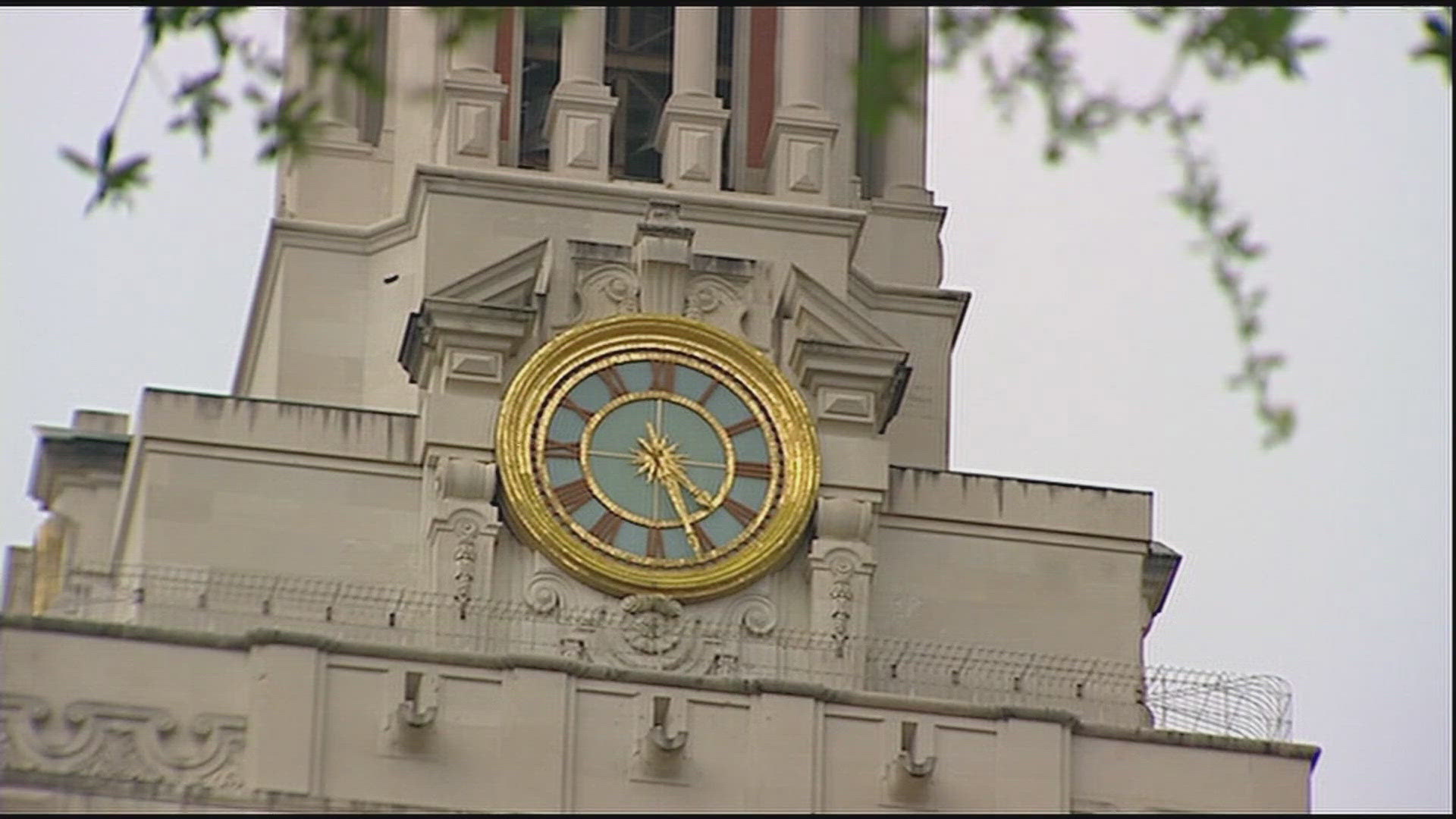DALLAS — The UT System is upping its endowment funds to increase the number of students who can attend tuition-free.
But even though it is an expansion of existing programs, a group of Texas lawmakers accuse the UT Board of Regents of trying to "out-socialize" even the state of California.
The expansion of the Promise Plus endowment will provide UT undergraduates attending any of its nine academic institutions, a tuition-free education if their families have an adjusted gross income (AGI) of $100,000 or less. The previous standard, in 2019, created a $167 million endowment at UT Austin to cover tuition and mandatory fees for undergrad students from families with adjusted gross income of $65,000 or less. In 2022, the UT System Regents offered a second endowment near $300 million to extend that program to all UT academic institutions in the state.
As of next fall, a student from a family with $100,000 or less in gross income will be able to attend any UT academic institution without being charged tuition or mandatory fees.
"This year, 49% of all UTA undergraduate students had their tuition and fees fully covered. Thanks to the Board of Regents, even more Texans will be able to experience the transformative power of a UTA education tuition-free," said UT Arlington President Jennifer Cowley. "We are thrilled to create the opportunity to help even more students achieve their dreams of a college degree."
But a group of 10 state lawmakers issued a letter Thursday to the Board of Regents blasting the expansion and asking specific questions about how the money and in which education programs it will be used.
"Nothing is free. This outrageous abuse of power by unelected, executive branch bureaucrats makes higher education in Texas more socialist than California," said State Rep. Brian Harrison. "A decision this consequential should only be made by the legislature."
"California offers free college for those making up to $80,000 a year. That's outrageous enough," Harrison told WFAA. "Well Texas, we are now more socialist than California."
Among the questions the lawmakers sent to the Board of Regents asked whether "LGBTQ/Sexualities Studies" are included in the free tuition plan.
"This is outrageous," Harrison alleged. "Public higher education in Texas is off the rails."
According to the UT System, 56% of all UT students receive some form of financial aid.
"The Regents are not only addressing immediate needs of our current students, but they are taking the long view, ensuring that future generations will continue to benefit from this remarkable program," UT System Chancellor James B. Milliken said. "Across UT institutions, enrollment is growing, and student debt is declining, indicating success in both access and affordability. That's a rare trend in American higher education, and I'm proud the UT System is in a position to be a leader."
"To be in a position to make sure our students can attend a UT institution without accruing more debt is very important to all of us, and as long as we are here, we will continue our work to provide an affordable, accessible education to all who choose to attend a UT institution," said UT Board of Regents Chairman Kevin P. Eltife. "By making both immediate campus allocations as we did today, as well as continued long-term investments in our Promise Plus endowments, we want hard-working Texas families and students to know that we will do everything in our power to support their higher education aspirations today and always."
As for private education institutions in 2019, more than 2,500 Baylor University students and more than 27,000 students statewide received a tuition equalization grant, a program started decades ago by the Texas Legislature. Students can receive up to $5,000 per year through that program.

